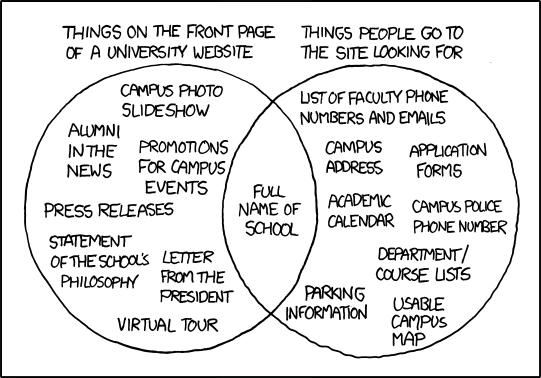Toyota has been claiming for quite some time that they have found no fault in their cars that could cause unintended acceleration. The US government’s report is reported to support that claim, but officials have been delaying the release of that information:
Senior officials at the U.S. Department of Transportation have at least temporarily blocked the release of findings by auto-safety regulators that could favor Toyota Motor Corp. in some crashes related to unintended acceleration, according to a recently retired agency official.
George Person, who retired July 3 after 27 years at the National Highway Traffic Safety Administration, said in an interview that the decision to not go public with the data for now was made over the objections of some officials at NHTSA.
“The information was compiled. The report was finished and submitted,” Mr. Person said. “When I asked why it hadn’t been published, I was told that the secretary’s office didn’t want to release it,” he added, referring to Transportation Secretary Ray LaHood.
A Transportation Department spokeswoman, Olivia Alair, said NHTSA is still reviewing data from the Toyota vehicles the agency is examining. “Its review is not yet complete. The investigation remains ongoing,” she said.
It could be suspected that the reason the government doesn’t want to release the report is that it pretty much exonerates Toyota after their trial-by-media over the sudden acceleration issue. The US government’s holdings in GM and Chrysler make them effectively competitors with Toyota, and the media has done a fine job of trying to depress Toyota sales (to indirectly benefit GM and Chrysler).
But that would be an unfair thing to suspect, wouldn’t it?





